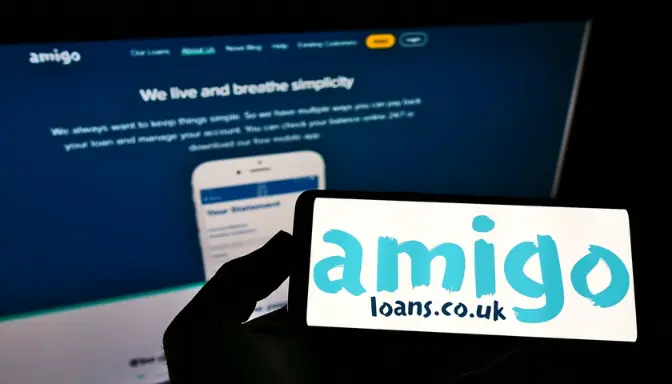The liquidation of Amigo Loans also raises questions about the future of the subprime lending sector, and the availability and affordability of credit for subprime customers, who are often vulnerable and financially excluded. The liquidation of Amigo Loans also has social and economic consequences, as it affects the lives and livelihoods of thousands of customers, guarantors, employees, and shareholders, who are left with debts, losses, and uncertainty.
The Alternatives to Amigo Loans
The liquidation of Amigo Loans leaves a gap in the market for subprime customers who need access to credit, but cannot obtain it from mainstream lenders.
However, there are some alternatives to Amigo Loans, which may offer similar or better products and services to subprime customers. Some of these alternatives are:
- Other guarantor lenders: There are still some other guarantor lenders operating in the UK, such as TrustTwo, Buddy Loans, TFS Loans, and George Banco. These lenders offer loans of up to £15,000, with interest rates ranging from 29.9% to 49.9% APR. However, these lenders also have similar requirements and risks as Amigo Loans, such as the need for a guarantor, the high cost of borrowing, and the potential impact on the credit ratings and relationships of both the borrower and the guarantor.
- Credit unions: Credit unions are not-for-profit financial cooperatives, which provide savings and loans to their members, who share a common bond, such as living in the same area, working for the same employer, or belonging to the same church or trade union. Credit unions offer loans of up to £15,000, with interest rates capped at 42.6% APR. Credit unions also offer more personalised and flexible service, and may consider lending to people who have poor or no credit history, as long as they can demonstrate their ability and willingness to repay. However, credit unions may have limited availability and accessibility, as they depend on the size and resources of their membership, and may not have online or mobile platforms.
- Community development finance institutions (CDFIs): CDFIs are social enterprises that provide affordable and responsible finance to individuals and businesses who are excluded from mainstream financial services. CDFIs offer loans of up to £15,000, with interest rates ranging from 19.9% to 39.9% APR. CDFIs also offer advice and support to help customers improve their financial situation and credit rating. However, CDFIs may have limited coverage and capacity, as they depend on the funding and support from the government, the private sector, and the social sector.
- Peer-to-peer lending platforms: Peer-to-peer lending platforms are online platforms that match borrowers and lenders directly, without the involvement of intermediaries such as banks. Peer-to-peer lending platforms offer loans of up to £25,000, with interest rates determined by the supply and demand of the market, and the risk profile of the borrower. Peer-to-peer lending platforms also offer more transparency and flexibility, as borrowers and lenders can choose their own terms and conditions, and communicate directly with each other. However, peer-to-peer lending platforms may have higher eligibility criteria and fees, as they rely on credit checks and verification processes, and charge service and transaction fees to both borrowers and lenders.
Conclusion
Amigo Loans was a company that offered subprime loans with guarantors, and claimed to provide a fair and flexible alternative to people who could not access credit from mainstream banks. The company grew rapidly in the UK market, and reached a peak valuation of £1.3bn in 2018. However, the company faced a series of challenges that led to its liquidation, including regulatory scrutiny, customer complaints, legal disputes, and financial difficulties.






